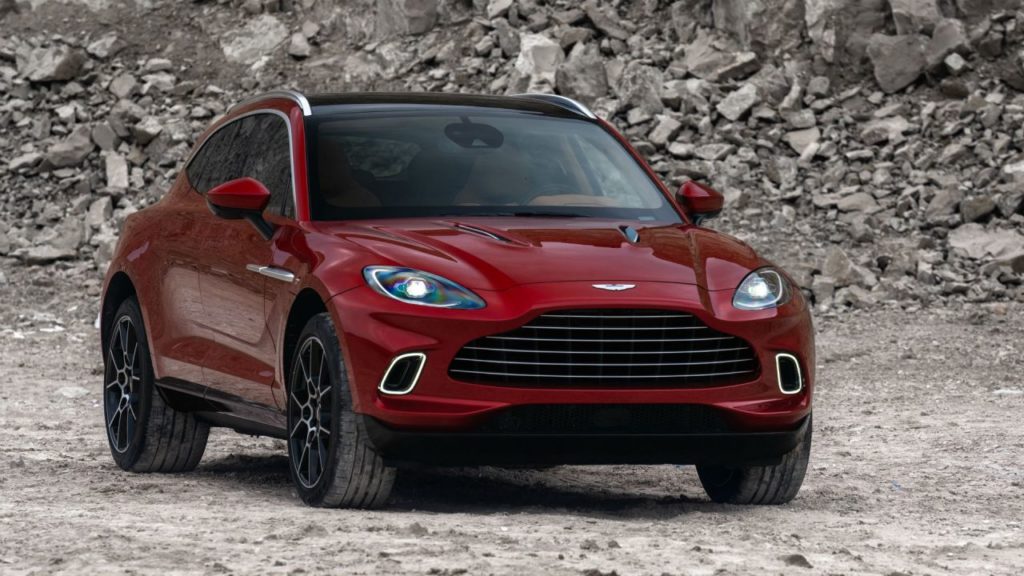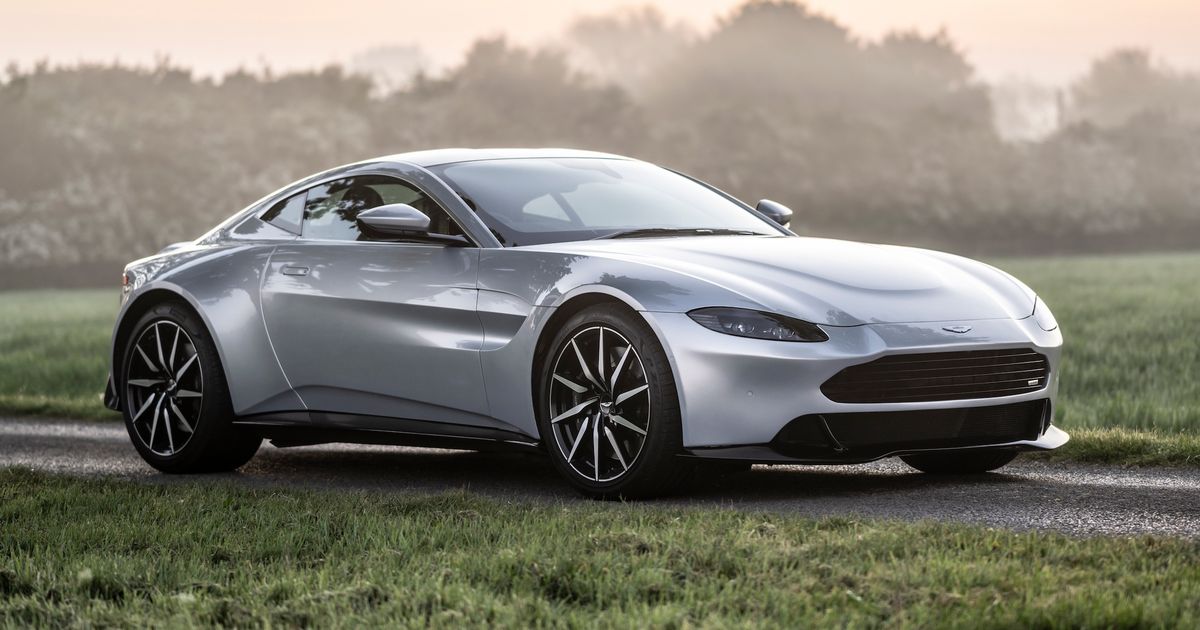A few days ago, Aston Martin confirmed that its future electric models will be manufactured in the United Kingdom, denying rumors that its partner Mercedes-Benz would be in charge of assembling them in Germany. Therefore, the British firm will continue to concentrate its cars’ production in its native country even after it transitions to electric mobility.
Currently, Mercedes-Benz owns 20% of Aston Martin, supplying the small English manufacturer with the V8 engines used in models such as the Vantage and DBX. In the future, the two companies are also expected to collaborate in electric mobility, as Mercedes-Benz could give Aston Martin access to its technology to make it profitable faster.
Lawrence Stroll, president of the company, took advantage of a recent interview to announce that the first two production electrics from Aston Martin will be a sports car and an SUV. The first of these will be manufactured at its Gaydon plant, while the second in St. Athan, from whose production lines the DBX currently comes out.

This latest model will receive a plug-in hybrid version in 2023, which will use Mercedes-Benz origin technology. Aston Martin’s current line of sports cars, consisting of the Vantage, DB11, and DBS, will also be replaced by a new electrified lineup. Furthermore, future releases of the brand (Valhalla, Vanquish) are likely to be electrified from the launch moment.
Aston Martin plans to have a 90% electrified range by 2030, although its first 100% electric series car will not see the light until 2025. Despite everything, Stroll says that with this schedule, they will anticipate its main rivals, Ferrari and McLaren: “We are far ahead of our rivals, and all thanks to our partnership with Mercedes-Benz.”
Despite Aston Martin’s ambitions, some rivals such as Bentley and Maserati are going a step further. While the former will only sell 100% electric models by 2030, the latter will already have six models in 2024 (MC20, GranTurismo, GranCabrio, Quattroporte, Grecale, Levante…).

